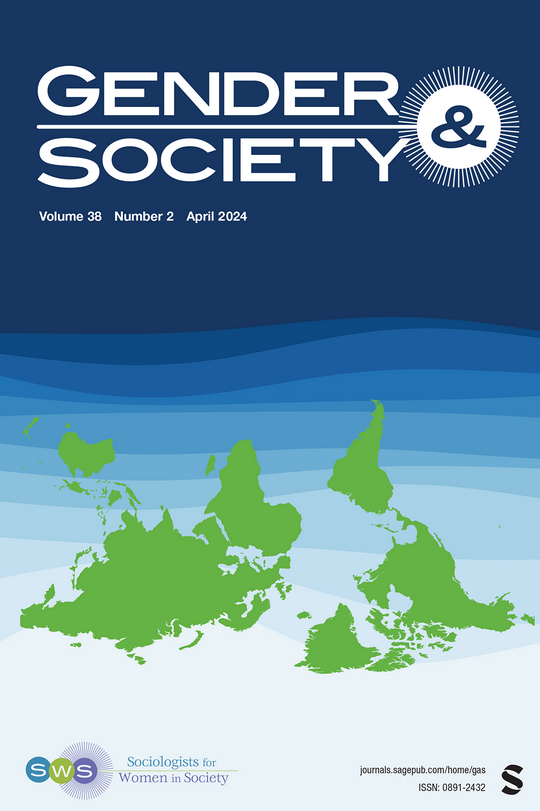Compensatory Work Devotion: How a Culture of Overwork Shapes Women’s Parental Leave in South Korea
IF 7.2
1区 社会学
Q1 SOCIOLOGY
引用次数: 4
Abstract
Despite growing concerns that parental leave policies may reinforce the marginalization of mothers in the labor market and reproduce the gendered division of household labor, few studies examine how women themselves approach and use parental leave. Through 64 in-depth interviews with college-educated Korean mothers, we find that although women’s involvement in family responsibilities increases during leave, they do not reduce their work devotion but reinvent it throughout the leave-taking process. Embedded in the culture of overwork in Korean workplaces, women find it justifiable to use leave only when they are highly committed to work and adjust the length of leave to accommodate workplace demands. Upon returning to work, they try to compensate for their absence by working harder than before, thereby showing that they are more committed than their colleagues. Given this “compensatory” work devotion, women question their own entitlement in the workplace, and some quit when they cannot meet their goal of compensating by doing more than others. This study highlights how the workplace culture shapes women’s work devotion during and after leave.补偿性工作奉献:过度工作文化如何影响韩国女性的育儿假
尽管越来越多的人担心育儿假政策可能会加强母亲在劳动力市场上的边缘化,并重新产生家庭劳动的性别分工,但很少有研究调查妇女自己如何处理和使用育儿假。通过对64位受过大学教育的韩国母亲的深度访谈,我们发现,尽管女性在休假期间对家庭责任的参与有所增加,但她们并没有减少对工作的投入,而是在整个休假过程中重新投入。由于韩国职场的过度工作文化,女性认为只有在高度投入工作的情况下才有理由休假,并根据工作需要调整休假时间。回到工作岗位后,他们会比以前更努力地工作,以此来弥补缺勤,从而显示出他们比同事更敬业。考虑到这种“补偿性”的工作投入,女性质疑自己在职场中的权利,有些人在无法通过比别人做得更多来达到补偿目标时辞职。这项研究强调了职场文化如何影响女性在休假期间和休假后的工作投入。
本文章由计算机程序翻译,如有差异,请以英文原文为准。
求助全文
约1分钟内获得全文
求助全文
来源期刊

Gender & Society
Multiple-
CiteScore
9.70
自引率
3.60%
发文量
78
期刊介绍:
Gender & Society promotes feminist scholarship and the social scientific study of gender. Gender & Society publishes theoretically engaged and methodologically rigorous articles that make original contributions to gender theory. The journal takes a multidisciplinary, intersectional, and global approach to gender analyses.
 求助内容:
求助内容: 应助结果提醒方式:
应助结果提醒方式:


